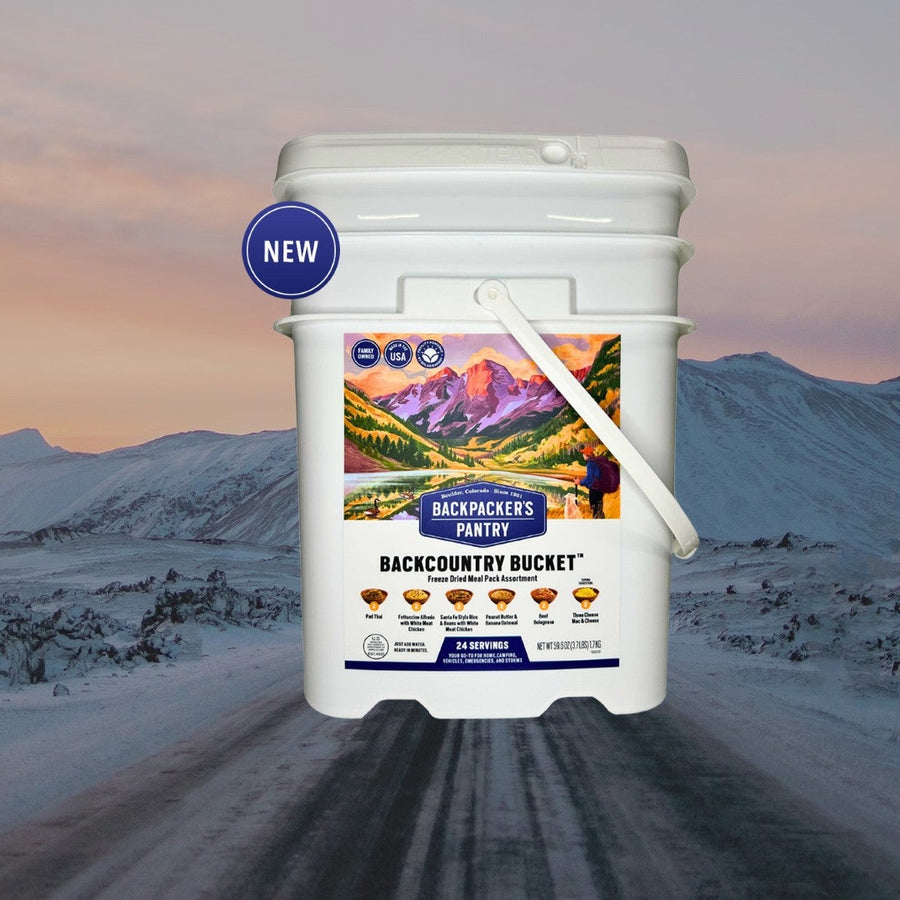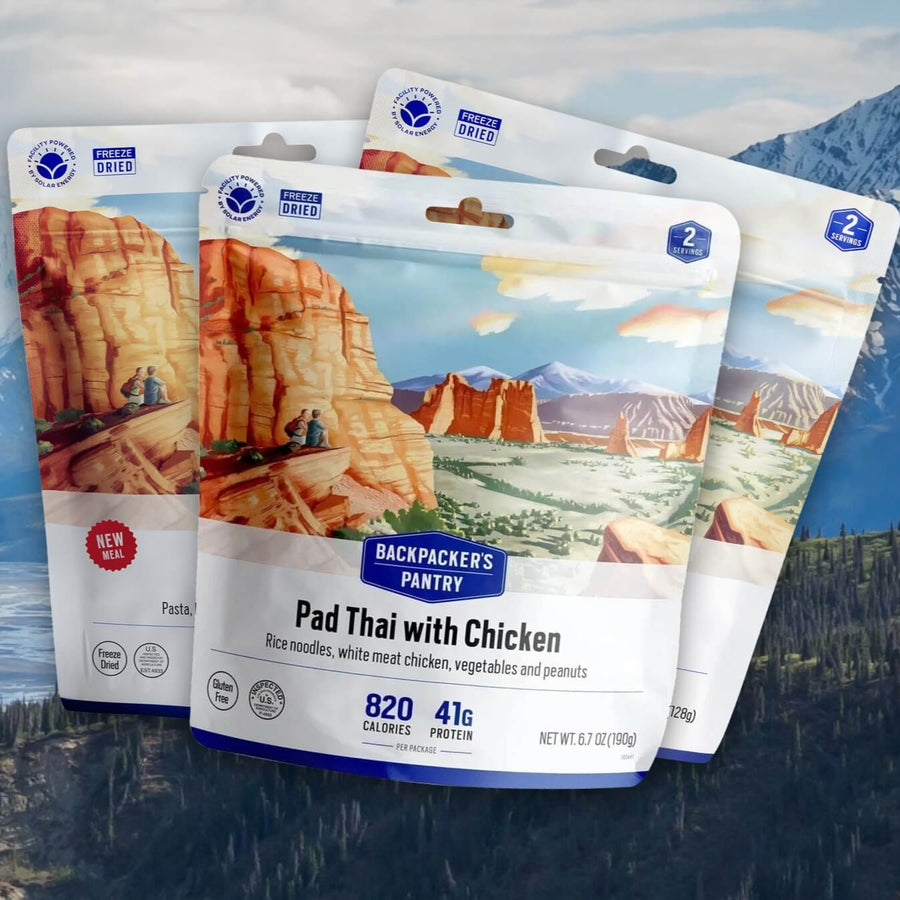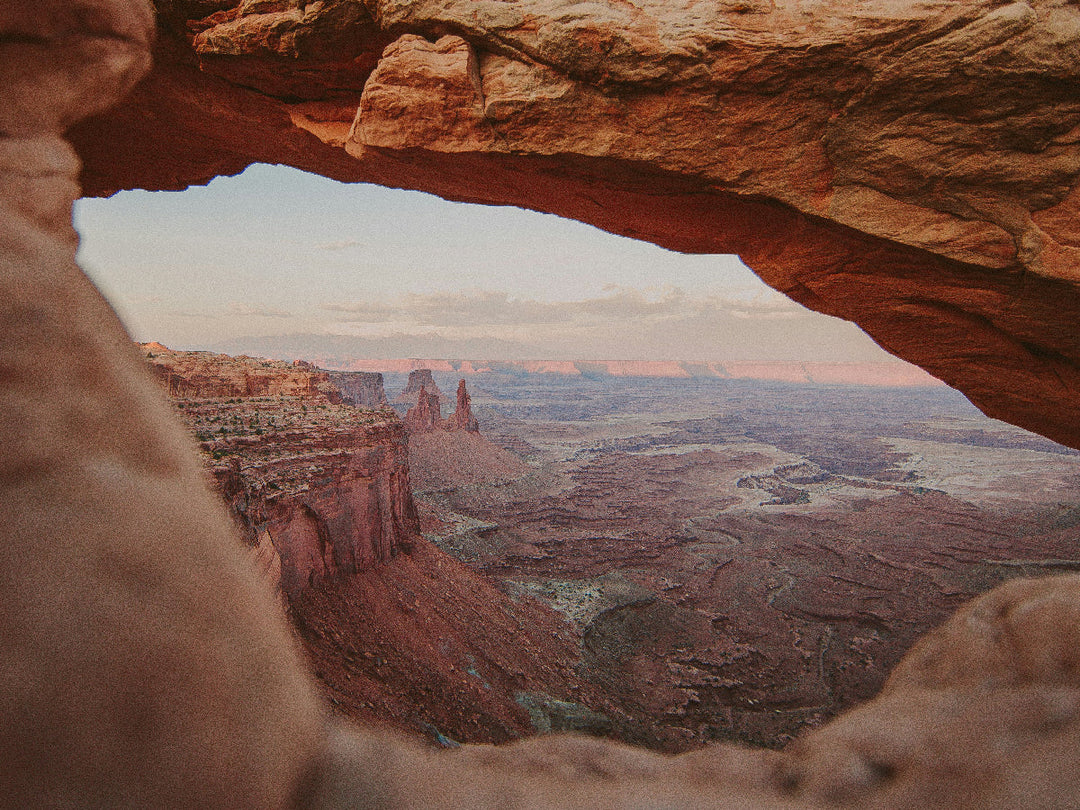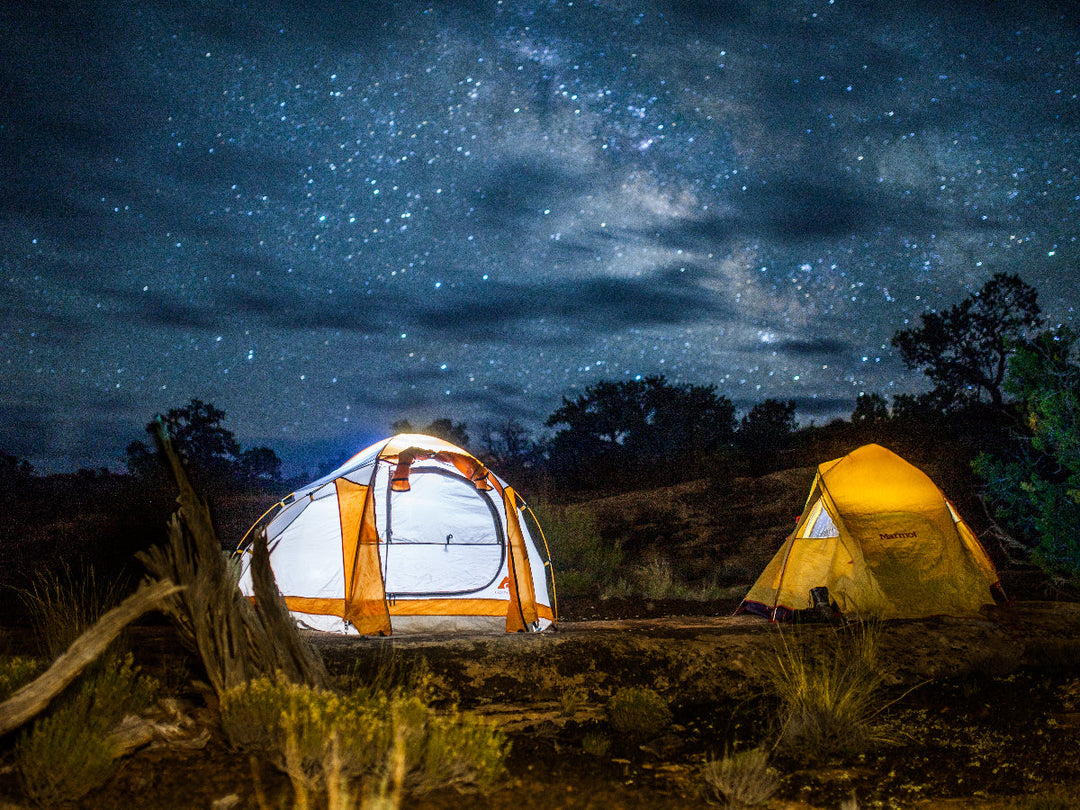5 Backpacking Tips for Beginners | Backpacker's Pantry

Beginner's Backpacking Advice
Backpacking is a fun adventure that blends traditional hiking with backcountry camping. If you do it right, it can be an immersive experience, filled with all sorts of rewarding possibilities. If you aren’t prepared, however, it can be miserable, exhausting and even dangerous. Here are some tips to help make your first backpacking trip safe and enjoyable.
Don’t bite off more than you can chew. If you are new to backpacking, it's best to choose a relatively easy destination. Start by looking for something close to home, so you can cut down on travel time. If possible, consult with experienced backpackers for recommendations, and plan your trip during the warmer spring or summer months. Choose a well-trafficked trail and established camp. You should also consider leaving your dog and kids at home for your first hike, since they can complicate matters if they aren't used to the outdoors.
Pack the right essentials. When loading your pack, you will want to choose every item with great care. You can keep your initial investment low by renting or borrowing the most expensive equipment, such as your tent and sleeping pad. Many beginners prefer to bring along compact gas-canister stoves, because they are affordable and easy to use. You will also want to bring a flashlight and water purification tablets containing chlorine dioxide, chlorine or iodine, which deactivate viruses, bacteria and parasitic protozoans, rendering natural sources of water safe for consumption.
Pack diverse clothing. Even if you plan to backpack in warm weather, you should bring an assortment of layered clothing, since nights can get cold very quickly. This includes next-to-skin base layers, such as long underwear, along with hiking layers, such as nylon pants, t-shirts and a sun hat. You will want to bring along insulating clothes, such as a lightweight fleece pullover, jacket, vest, gloves and a hat. You should also have reliable, waterproof rainwear, sunblock and insect repellent.
Bring compact food items. Since you will be hauling a lot of weight, you will want to make sure you have plenty of lightweight, dehydrated food that doesn’t require any cooking. You can also bring along dehydrated oatmeal, packaged noodle entrées, bagels, jerky, dried fruit and nuts. Whatever you bring, make sure it doesn't take up too much space. At night, you will want to secure all scented personal products and food well away from camp to keep from attracting animals. You can do this by putting everything in a waterproof stuff sack and hanging it from a high, sturdy tree branch at least 200 feet from your camp.
Get everything ready. Familiarize yourself with all your backpacking gear before you head out. Pitch your tent, purify some water and fire up your stove to see if it actually works. Make sure you have an accurate map and a compass, and tell a friend where you are going and when you expect to be back. You should also consider doing at least one or two pre-trip hikes of similar difficulty, wearing your backpack loaded with all your gear. If you have any existing health issues, get a physical to make sure you are fit enough for strenuous outdoor activities.
Backpacker's Pantry provides ready-to-eat, lightweight food for every type of outdoor adventure. Browse our nutritious, gourmet food for the trail and stock up for your backpacking adventure.





